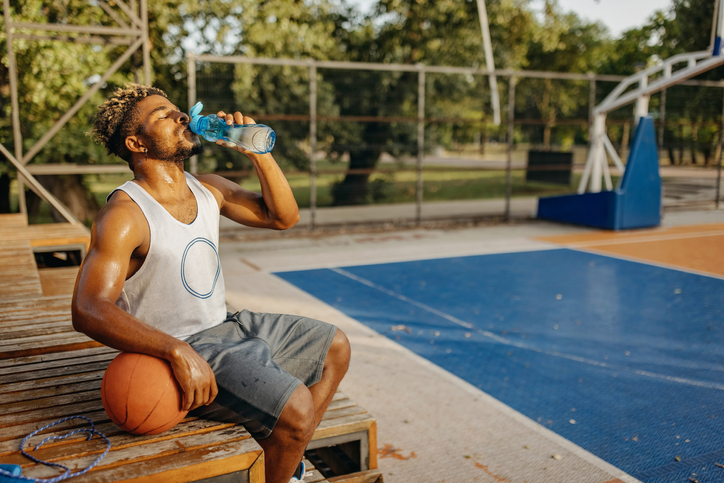- Empty cart.
- Continue Shopping
How to Protect Yourself from Heat-Related Illnesses

Heat-related illnesses can be dangerous and even life-threatening, especially during hot summer months. Prolonged exposure to high temperatures can lead to various health issues, including heat exhaustion and heatstroke. Fortunately, there are steps you can take to protect yourself from heat-related illnesses and enjoy the summer safely.
1. Stay Hydrated
Proper hydration is crucial to prevent heat-related illnesses. Drink plenty of water throughout the day, even if you don’t feel thirsty. Avoid excessive consumption of sugary or caffeinated beverages, as they can contribute to dehydration.
2. Dress Appropriately
Wear loose-fitting, light-colored clothing made from breathable fabrics like cotton. This allows sweat to evaporate and helps cool your body. Don’t forget to wear a wide-brimmed hat and sunglasses to protect your head and eyes from the sun.
3. Avoid Peak Sun Hours
The sun is strongest between 10 a.m. and 4 p.m. Try to limit outdoor activities during these hours or seek shade when possible. If you must be outside, take frequent breaks in a cool or shaded area.
4. Use Sunscreen
Apply a broad-spectrum sunscreen with an SPF of 30 or higher to protect your skin from harmful UV rays. Reapply sunscreen every two hours, especially if you are swimming or sweating.
5. Know the Signs of Heat-Related Illnesses
Familiarize yourself with the symptoms of heat-related illnesses:
- Heat Exhaustion: Symptoms include heavy sweating, weakness, dizziness, nausea, and a rapid heartbeat. If you or someone you’re with experiences these symptoms, move to a cooler place, rest, and drink fluids.
- Heatstroke: Heatstroke is a medical emergency. Symptoms include a high body temperature (above 103°F or 39.4°C), confusion, rapid pulse, and loss of consciousness. Call 911 immediately if you suspect heatstroke and take steps to cool the person down, such as moving them to shade, applying cool water, and using fans or air conditioning.
6. Take it Easy
During hot weather, avoid strenuous activities, especially if you’re not acclimated to the heat. If you exercise, do so during cooler parts of the day and listen to your body. Don’t push yourself too hard.
7. Use Fans and Air Conditioning
If possible, stay in air-conditioned environments. If you don’t have access to air conditioning, use fans and keep windows open for ventilation. Taking cool showers or baths can also help lower your body temperature.
8. Plan Ahead
Check the weather forecast before heading outdoors and plan your activities accordingly. If you have outdoor plans, bring plenty of water, sunscreen, and protective clothing.
9. Monitor Vulnerable Individuals
Pay extra attention to children, the elderly, and those with chronic medical conditions, as they are more susceptible to heat-related illnesses. Ensure they stay cool and hydrated.
10. Stay Informed
Keep an eye on heat advisories and warnings from local authorities. They will provide guidance on how to stay safe during extreme heat events.
11. Never Leave Children or Pets in Hot Vehicles
Temperatures inside a parked car can skyrocket within minutes, even on relatively mild days. Never leave children or pets unattended in a parked vehicle, even for a short time.
12. Stay Cool Indoors
If you don’t have access to air conditioning at home, consider spending time in air-conditioned public places like shopping malls, libraries, or community centers during the hottest parts of the day.
Finally, By following these tips and staying vigilant in hot weather, you can protect yourself and your loved ones from heat-related illnesses. Remember that prevention is key, and it’s essential to take precautions to stay cool and hydrated when temperatures soar.








